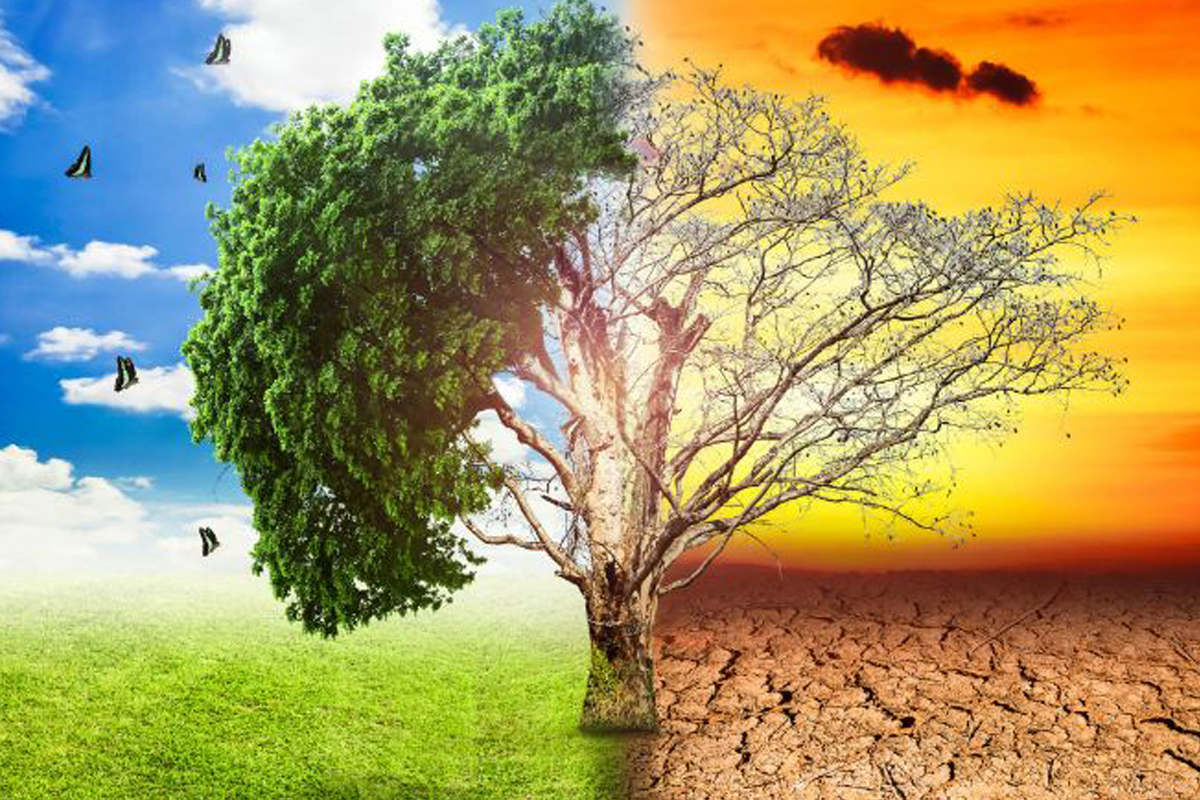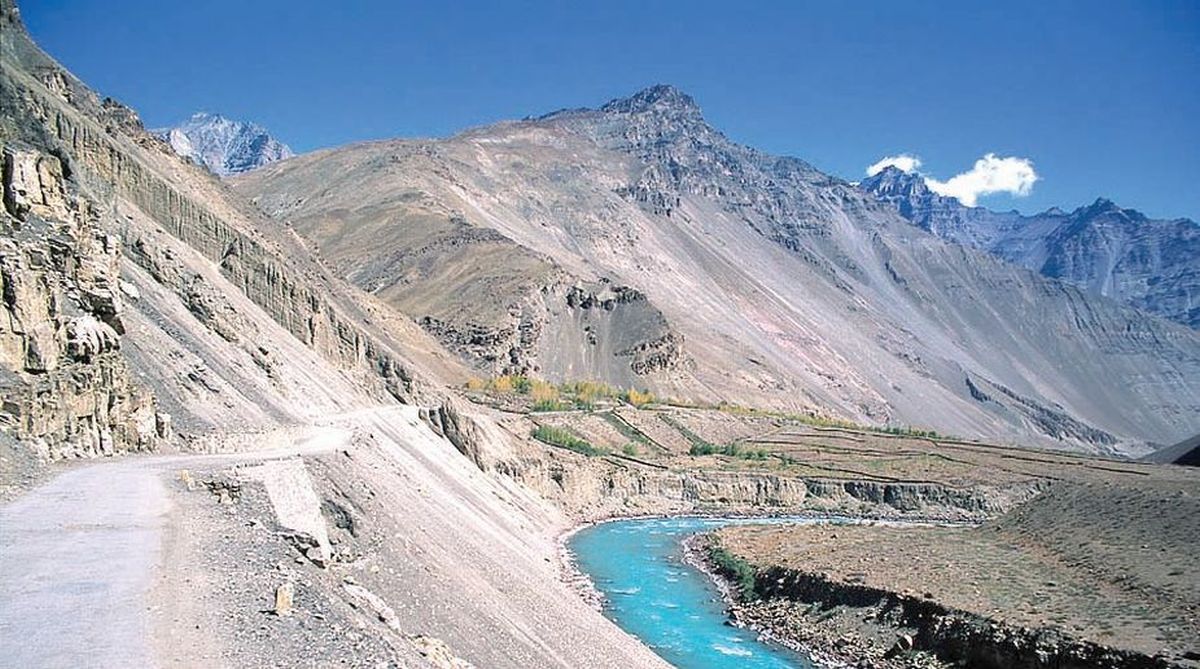Saffron blooms in the north-east: A new dawn for farmers
For years, saffron cultivation in India has been synonymous with the Kashmir Valley, but the North East Centre for Technology Application and Reach (NECTAR) has changed the narrative. Through innovative technology, scientific planning and farmer training, NECTAR has successfully cultivated saffron in the north-east, opening new doors of opportunity for local farmers.















